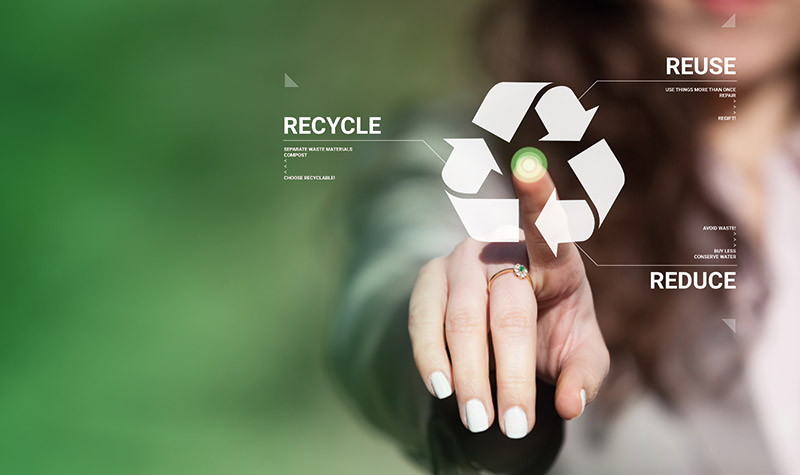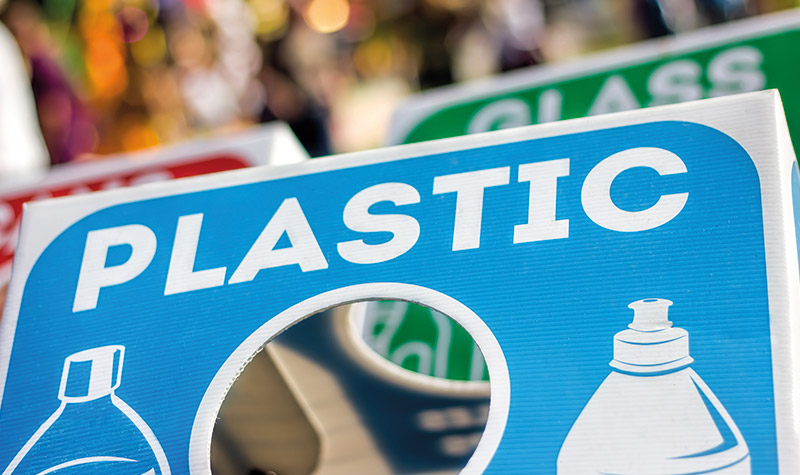Earth Day
20th April 2017
Earth Day was conceived in 1970. It gave voice to the anti-war protest movement and putting environmental concerns on the front page.
Since its inception, it has been commemorated every year since. This year, Earth Day takes place on Saturday 22nd April.

History of Earth Day
The idea for a national day to focus on the environment originated from Gaylord Nelson – then a US Senator from Wisconsin, after witnessing the damage of the 1969 massive oil spill in Santa Barbara, California.
Influenced and inspired by the student anti-war movement, he realised that if he could harness that energy with an emerging public consciousness about air and water pollution, it would force environmental protection onto the national political agenda.
Earth Day 1970 achieved rare political agreement, enlisting support from Republicans, Democrats, rich and poor. By the end of that year, the first Earth Day had led to the creation of the United States Environmental Protection Agency.

By 1990, Earth Day went global. It gave a huge boost to recycling efforts worldwide and helped pave the way for the 1992 United Nations Earth Summit in Rio de Janeiro.
Earth Day is now the largest secular observance in the world, celebrated by more than a billion people every year.
Get Involved
There are various ways you can celebrate, commemorate and support Earth Day. Here are just a few:
- Take a personal inventory of your own personal impact on the planet – with greater awareness comes significant change
- Make a concerted effort to reduce greenhouse gases in your daily life – at home, in the office or on the road
- Eat less meat
- Go solar
- Change the lightbulbs in your house to energy efficient varieties
- Use water more efficiently
- Consider fuel-efficient vehicles
- Stop using disposable plastic
- Plant a tree
You can find more information about getting involved with Earth Day at earthday.org.
Garden Square
At Garden Square, we do all we can to minimise negative impacts on the environment. None of the waste produced at the shopping centre is sent to landfill and waste that isn’t recycled directly is treated to convert it into energy; known as Refuse Derived Fuel.
Refuse Derived Fuel
The Refuse Derived Fuel process is viewed as being the most sustainable way to dispose of general waste material. At Transfer Stations, the material is shredded, baled and wrapped for energy to waste.

These bales are then delivered to an Energy from Waste facility where they’re converted into power. Typically, just seven tonnes of RDF will provide enough power for an average house for a year.
You can find out more about RDF via Biffa’s website.
Whether it’s recycling, conserving energy or simply raising awareness, do your bit this Earth Day!



